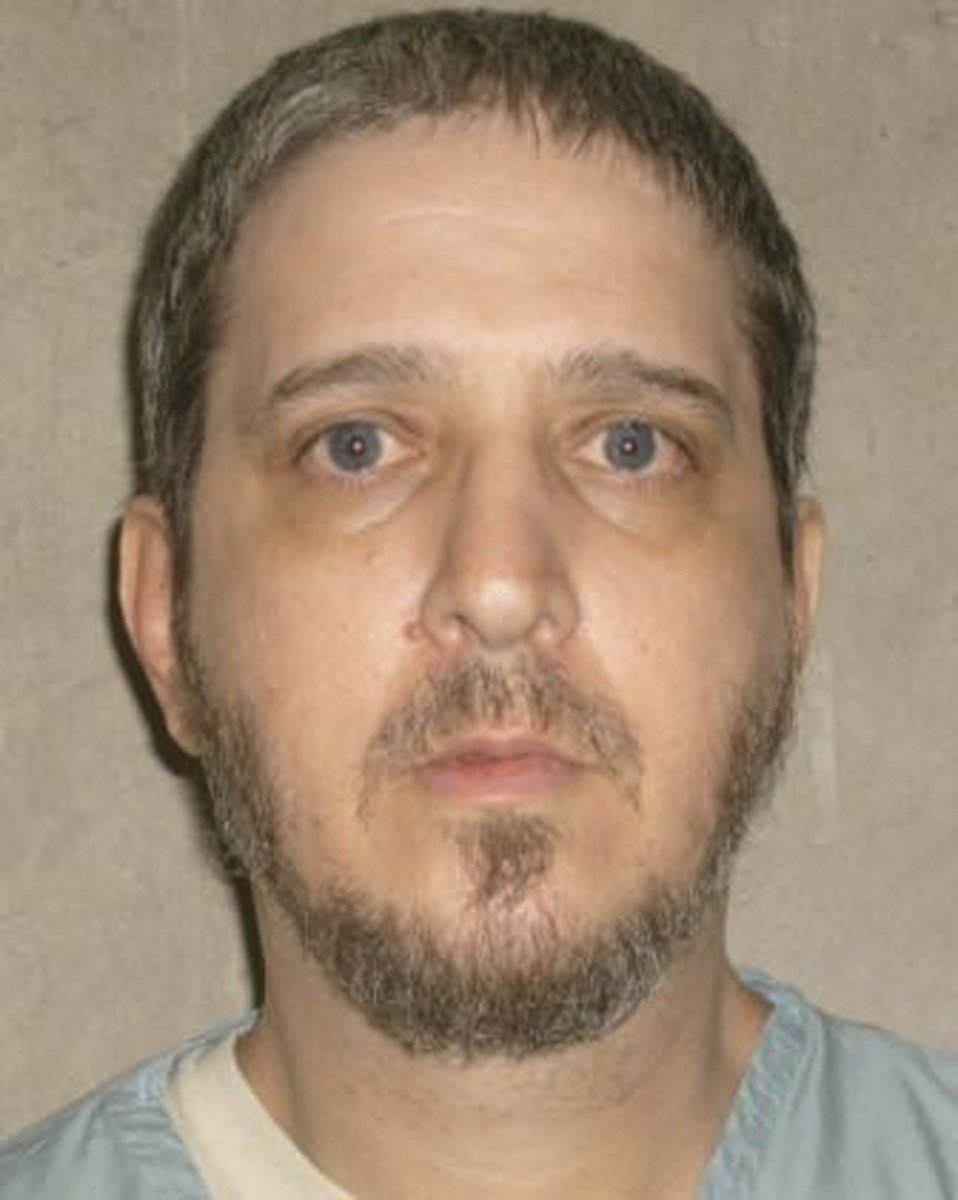
WASHINGTON — An Oklahoma court has denied the request for a new trial for death row inmate Richard Glossip, even though the state’s attorney general said he had concerns about some of the testimony and evidence in the case.
The April 20 decision by the Oklahoma Court of Criminal Appeals was announced just two weeks after Gentner Drummond, the Oklahoma attorney general, filed a motion with the appeals court to vacate Glossip’s sentence and grant him a new trial based on a special counsel’s report.
Glossip, scheduled to be executed May 18, now has limited options, including a possible appeal to the U.S. Supreme Court. He can also plead for clemency from the Oklahoma Pardon and Parole Board, which could recommend that the governor spare Glossip’s life by commuting his sentence to life in prison without parole.
The appeals court ruling said Glossip’s case “has been thoroughly investigated and reviewed,” and did not provide the court with sufficient information to convince it to overturn the jury’s initial decision that found him guilty of first-degree murder and recommended that he be sentenced to death.
Following this ruling, Sister Helen Prejean, a Sister of St. Joseph and longtime opponent of the death penalty, tweeted: “Richard Glossip urgently needs our help! After the Oklahoma Court of Criminal Appeals turned a deaf ear to an appeal from the attorney general himself to vacate Richard’s conviction, his fate is in the hands of the pardon board, and Governor Stitt.”
She urged followers on social media to “please help this innocent man by calling the pardon board” and asking them to grant Glossip clemency. She also urged them to contact the office of Gov. J. Kevin Stitt of Oklahoma.
“Let him know, in your own words, that Richard Glossip deserves a full pardon. Please don’t let Oklahoma kill this man,” she added.
Sister Prejean has advocated on Glossip’s behalf for years. She has visited him in prison and had been scheduled to accompany him to his execution, which has already been postponed seven times.
Don Knight, Glossip’s attorney, said in an April 20 statement that he will be “filing for review of this manifestly unjust ruling in the United States Supreme Court.”
He said the independent review of this case by Drummond found that the state’s star witness against Glossip had not been truthful, which he said makes it “unconscionable for the court to attempt to force the state to move forward” with the execution.
In an April 6 press release, Drummond said he “cannot stand behind the murder conviction and death sentence” of Glossip based on the review.
He did not go as far as to say that Glossip was innocent but instead said it is “critical that Oklahomans have absolute faith that the death penalty is administered fairly and with certainty.
“Considering everything I know about this case, I do not believe that justice is served by executing a man based on the testimony of a compromised witness,” he added.
Glossip, a 60-year-old former motel manager, was convicted of the 1997 murder of his boss, Barry Alan Van Treese, at the Best Budget Inn in Oklahoma City.
A bipartisan group of state lawmakers commissioned the Houston law firm Reed Smith to investigate Glossip’s case, and last year it published a 343-page report that revealed a faulty police investigation and the state’s intentional destruction of evidence.
The report drew attention to Justin Sneed, the motel handyman, who is serving a life sentence after pleading guilty to beating Van Treese to death with a baseball bat in 1997 at the hotel. Sneed testified that he killed Van Treese after Glossip, the motel manager, promised to pay him $10,000. The report said Sneed had asked several times about recanting his testimony.
Glossip’s attorneys claim Sneed killed Van Treese during a botched robbery for drug money and claim he framed Glossip to avoid getting the death penalty.
Since the report was issued, the law firm and Glossip’s attorney have uncovered more evidence, including letters Sneed wrote in prison.
Krisanne Vaillancourt Murphy, executive director of Catholic Mobilizing Network, the national Catholic organization working to end the death penalty, told The Tablet in early April that Glossip’s case “embodies so much of the brokenness within the death penalty system.” She also said it highlights the serious risk of wrongful conviction and the death penalty’s arbitrariness since Glossip’s co-defendant received a life sentence.
The death penalty opponent said this case “lays bare the unbelievable cruelty of capital punishment” since Glossip faced multiple execution dates over the years. His scheduled execution in 2015 was called off at the last minute because the wrong lethal injection drugs were ordered.
“Even setting aside the undeniable problems in Mr. Glossip’s case and Oklahoma’s death penalty system more broadly, we must not forget that capital punishment in all cases is a violation against the sanctity of life,” Vaillancourt Murphy said.
